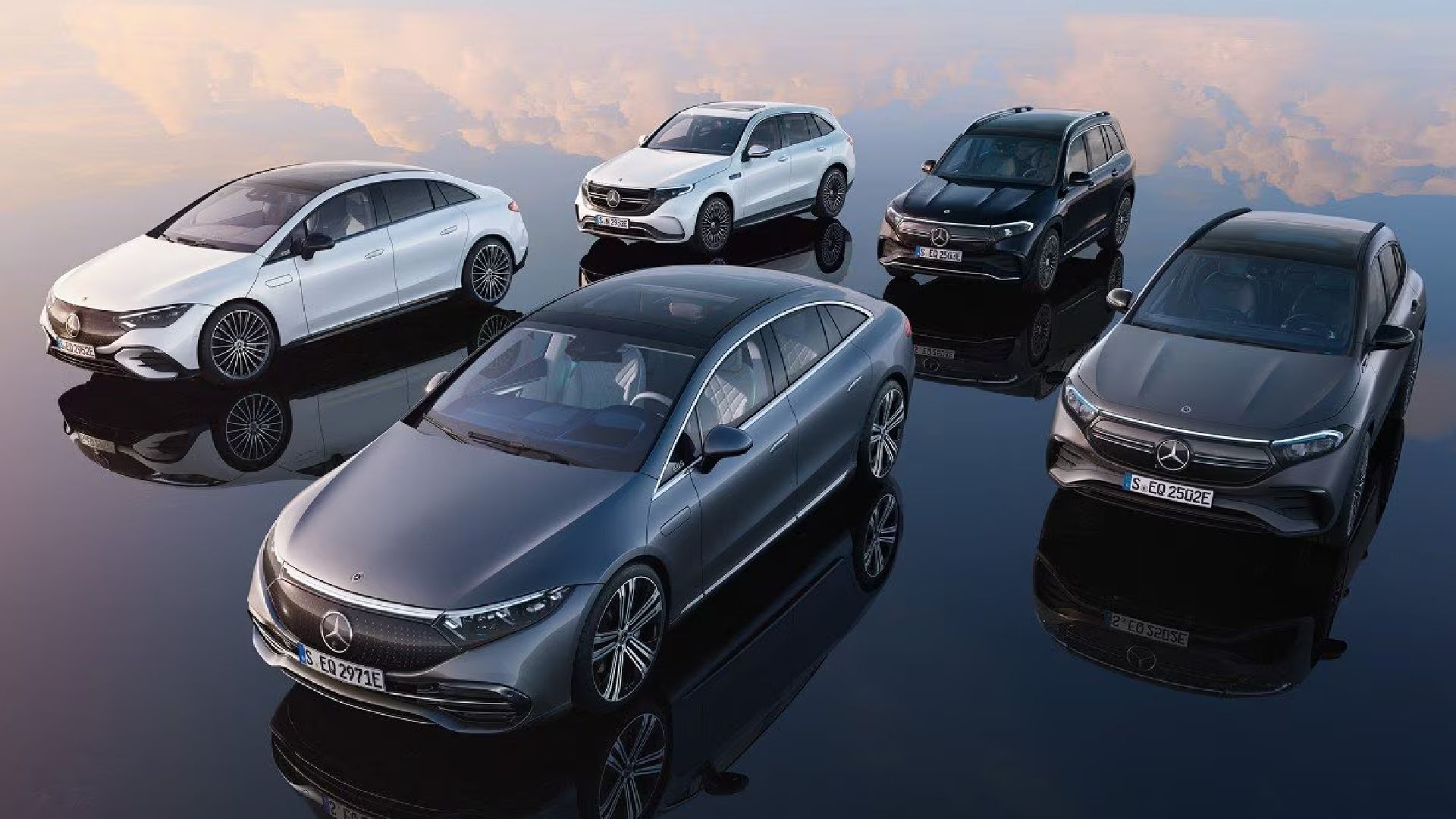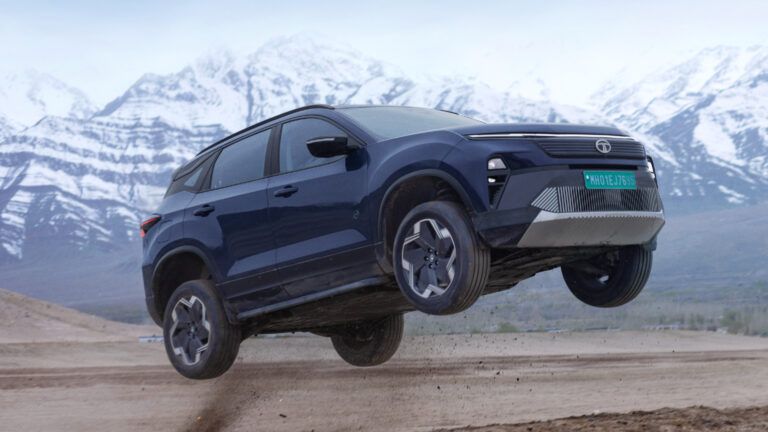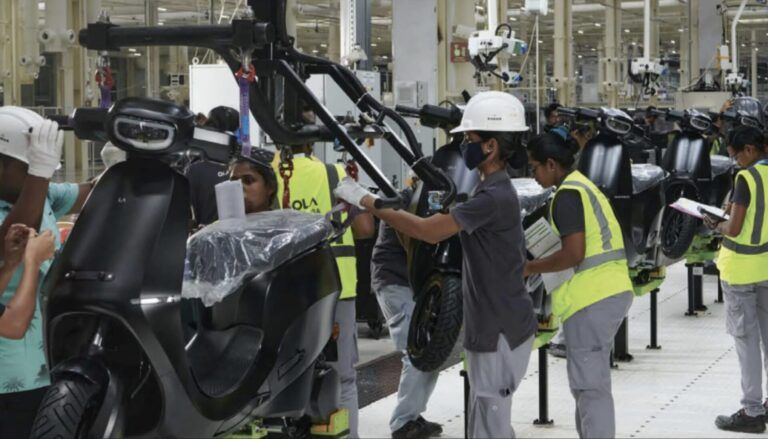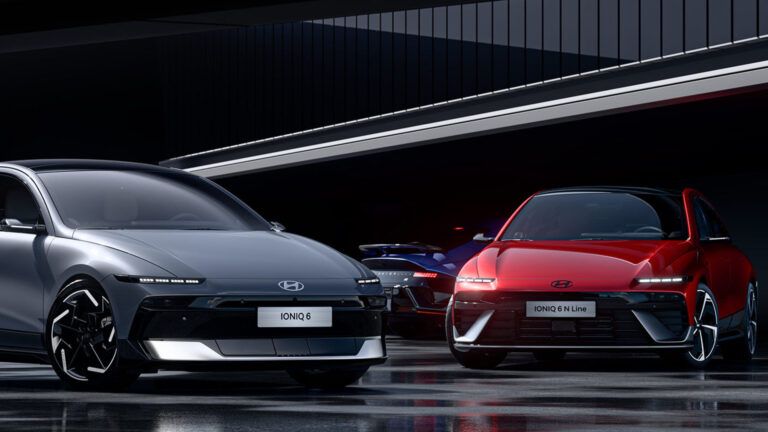On Monday, Mercedes-Benz’s technology chief said the company will postpone expanding battery cell capacity until electric vehicle demand increases. With fewer expected EV sales, Mercedes-Benz won’t need the capacity scheduled for 2030 anymore.
In 2022, Mercedes announced its requirement for over 200 gigawatt hours (GWh) of battery cell capacity by the decade’s end. Moreover, they planned to construct eight cell factories globally with partners, including four in Europe.
Earlier this year, Mercedes-Benz suggested that because demand for EVs is lower than expected, it now expects these sales to reach up to 50% of the total by 2030. This new estimate is five years later than their original goal of achieving this milestone by 2025.
The estimate of needing 200 GWh was based on Mercedes-Benz’s plan to electrify all of its around two million vehicle sales per year by 2030.
Chief Technology Officer (CTO) Markus Schaefer said on Monday.
“Is the 200-gigawatt hour capacity still necessary? It’s a question of the timeline. We are relatively flexible. We will think about the next steps when we have more transparency on demand. Listing the automaker’s current supplier relationships. This is enough to cover the next stage.”
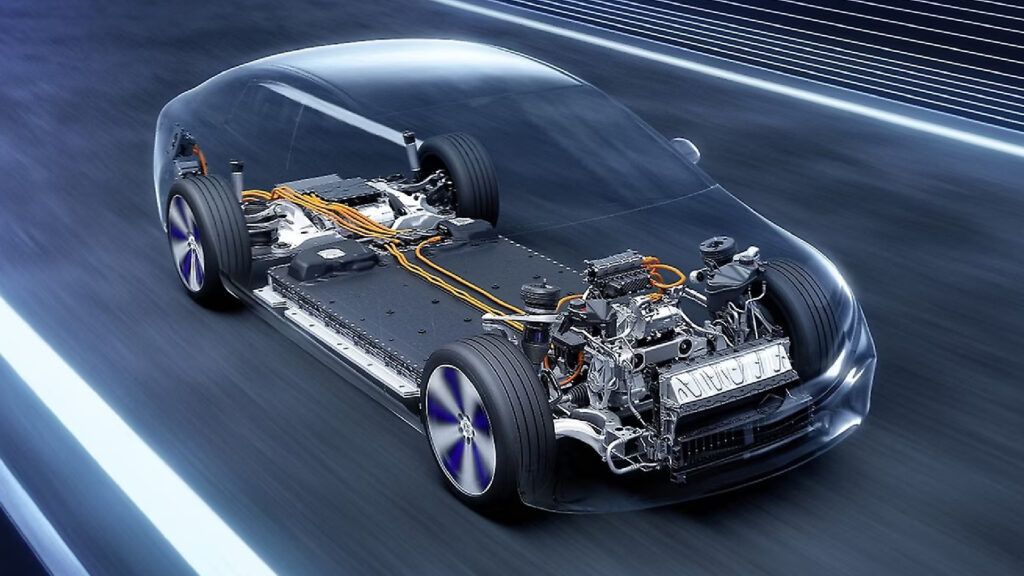
Global Battery Cell Partnerships
In 2022, the automaker had a deal with CATL to procure battery cells from the Chinese company’s 100 GWh facility under construction in Hungary. However, it did not reveal the scale of the agreement.
Additionally, Mercedes-Benz will acquire cells from a 40 GWh facility in France through its joint venture ACC. Recent lower demand for EVs led to the postponement of plans to construct two more ACC plants in Germany and Italy last month. Also, the automaker collaborates with suppliers in the United States and China for battery cells.
Schaefer mentioned that they won’t spend large amounts on combustion engine cars except for necessary updates to meet emissions rules.
However, CEO Ola Kaellenius stated in February that the company would maintain the competitiveness of its combustion engine offerings throughout the next decade to meet market demand.
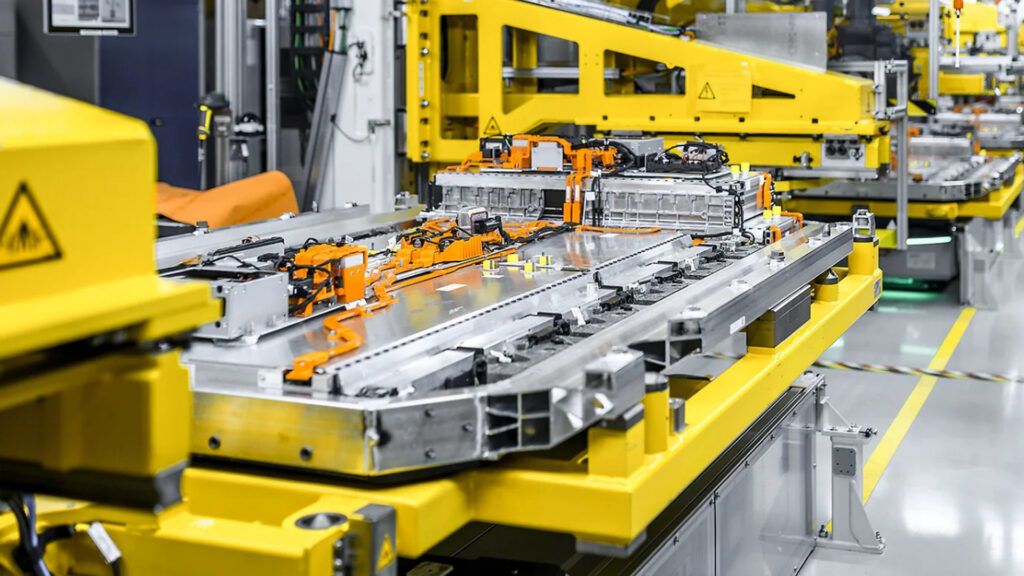
Advancements in Battery Technology
Schaefer addressed journalists during the opening ceremony of a battery cell research and production facility at Mercedes-Benz’s headquarters, Sttutgart.
The facility will manufacture tens of thousands of battery cells annually. Also, it will mark Mercedes-Benz’s effort to increase its oversight of the chemical composition and industrial production of its batteries.
Mercedes-Benz is developing lithium-ion cells featuring high-energy anodes and cathodes without cobalt alongside advancing solid-state technology. This innovation aims to enhance energy storage capacity, extend driving ranges, and enable quicker charging times.
Increasing the energy density of EV batteries is crucial, especially for luxury car manufacturers aiming to lower vehicle weight and expenses while enhancing driving range.
According to Schaefer, cell designs created at the new facility will be distributed to partner firms and integrated into upcoming battery cell technologies provided by suppliers.

